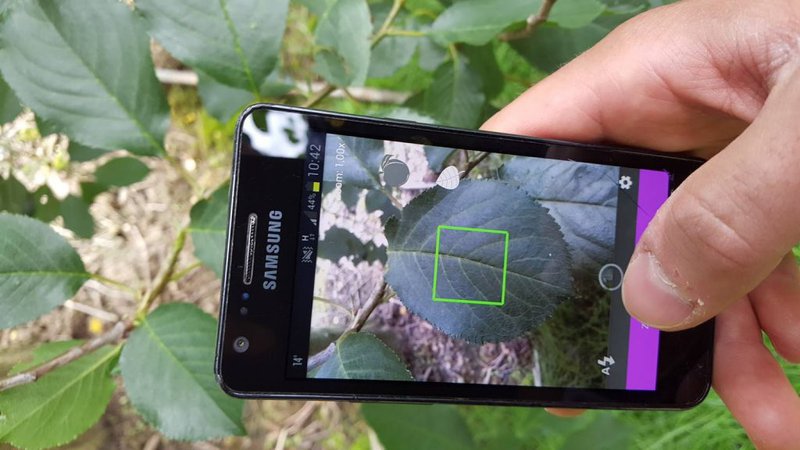
GLOBAL • AGRICULTURE, HEALTHCARE & TECHNOLOGY
Satwik Govindarajula
OCTOBER 11, 2017
Innovators around the world are finding new approaches to deliver healthcare effectively and at significantly lower cost, inspiring hope for new methods to tackle the rising cost of the industry, estimated at $7 trillion a year globally.
Today many of these solutions are being built in emerging markets. Why? Necessity is the mother of invention. In the absence of adequate care or providers, entrepreneurs must improvise to build and democratise solutions. Weaknesses in the infrastructure of regulatory bodies mean that entrepreneurs face fewer constraints, they can bypass outdated models to forge new solutions.
The science and technology company Merck KGaA, Darmstadt, Germany enables the creation of these solutions with their global Accelerator Program that supports startups with office space in their headquarters, funding of up to €50,000, mentoring and access to more than 50,000 experts worldwide. The focus in the fields of healthcare, life sciences, and performance materials and additional search fields, industries that have the potential to impact millions of lives.
Startups from the Accelerator demonstrate how much potential these areas hold for innovation.
Let’s take a look at Matibabu for instance, a startup tackling the problem of malaria diagnosis.
The WHO reported 214 million malaria cases worldwide in 2015, of which 90 percent were found in sub-Saharan Africa. In Africa hospitals are often far between, one often has to travel for hours and appointments may be expensive. Patients will only travel to a hospital if absolutely certain they are sick. These barriers to access also lead to many people erroneously taking malaria medication as soon as they feel ill, because they are afraid they may have contracted malaria. Matibabu’s diagnostics tool will reduce medication misuse across the continent and help make sure existing malaria medication is only distributed to people who actually have malaria by providing accurate diagnoses.

As early diagnosis is key to successful treatment of the disease. Starting the treatment as early as possible does not only prevent deaths, it also reduces malaria transmission. This shows the importance of Matibabu’s diagnosing tool for the entire continent.
Matibabu offers a digital solution an a continent where, more people have access to smartphones than to running water. Led by Josiah Kavuma and Shafik Sekitto, created an app as well as a portable magneto-optic imaging device, which allow for the detection of malaria via a smartphone, even in remote areas – no blood sampling needed. This mobile technology holds the potential to make malaria diagnosis as easy as taking a picture – and getting the right care as soon as possible a lot more likely.
The digital approach to diagnosing diseases is also taken by the startup PEAT– a Germany- based company which invented the tool “Plantix”. Using artificial intelligence, Plantix analyzes the pictures taken of a plant to detect and diagnose plant diseases.
Why does it matter? Because farmers can use this method to discover what is wrong with their plants and vegetables, and how to treat the issue. A timely and appropriate reaction enables farmers to prevent huge harvest losses. This is particularly important in agriculture in order to avoid one contaminated plant affecting an entire plantation.
